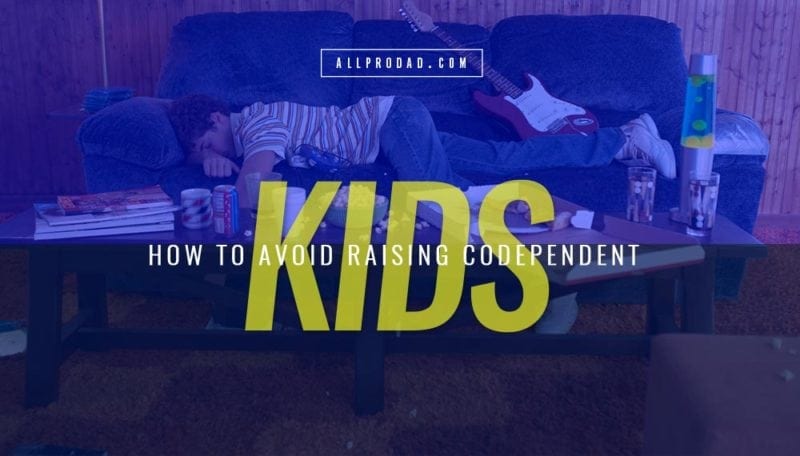Several months ago a millennial wrote an open letter to the CEO of Yelp who just so happened to employ her. She laid out her inability to afford the cost of living in San Francisco and the changes he should make to help not only her situation but the other employees. Even those who agreed with her arguments had to admit that the tone of her letter was unwise and, not surprisingly, she was fired the next day. The story went viral, prompting both critics and sympathizers.
One thing is undeniable; the job prospects for millennials and housing affordability is difficult. As a result, more and more young adults are moving back with their parents. We need to be prepared for the potential of that day. It’s good to be thinking about creating guidelines before your adolescent leaves the nest for the first time. Here are the 10 guidelines for the millennials living at home.
1. Respect their adulthood and don’t try to re-establish “the good old days.”
The kids didn’t come home because they wanted to recreate the idyllic, blissful days of yore! It’s important to remember that time only moves forward, so plan accordingly.
2. Write a contract.
Such a contract should honor both your values and the fact that your child is now an adult. The contract should be a realistic agreement about what it means to live at home and one that makes sure everyone is on the same page.
3. The contract should be drawn up together.
Meaning the adult child helps to set the terms. This is a critically important step because a contract that is agreed upon has more strength than a contract that is imposed.
4. House rules.
The contract should include specifics regarding what can or cannot occur on the property and should address, but not be limited to:
- Drugs and Alcohol
- Curfew
- Sleepovers
- Parties
- Number(s) of guests and appropriate visiting times
- Messing with the settings on the air-conditioning
- Home security
5. Responsibilities.
What responsibilities are now shared? Yard work, routine maintenance, cleaning the kitchen, care of pets. Best to define these ahead of time and not to assume that it’s just understood.
6. Expectations.
What are the expectations regarding meals together? Attending church as a family? This needs to be clear to avoid drama.
7. Financials.
As a young adult, the returning child should contribute to family income. Will they pay rent? Who covers insurance (health and liability)? Are their belongings covered under your homeowners’ policy? All these issues must be clear and reviewable on a regular basis.
8. Enforceable provisions.
Contracts only work if enforceable provisions are actually enforced. It needs to be clear exactly what and how consequences come into play for violations. If you are unwilling to ask your young adult child to leave your home in the event that the contract is violated, you should not let them move back in the first place.
9. Timeline.
It’s important not to welcome adult children home with no provisions or plans.It’s important not to welcome adult children home with no provisions or plans. Initial contracts should be reviewable after, say, three months, then at regular intervals thereafter. Such an arrangement must begin with the end in mind—getting them to finally leave.
10. Remember, this is still your house.
Adult children who move home are guests or they are paying lodgers. Either way, they are in your home.












Huddle up with your kids and ask, “What do you imagine your life will look like after college?”